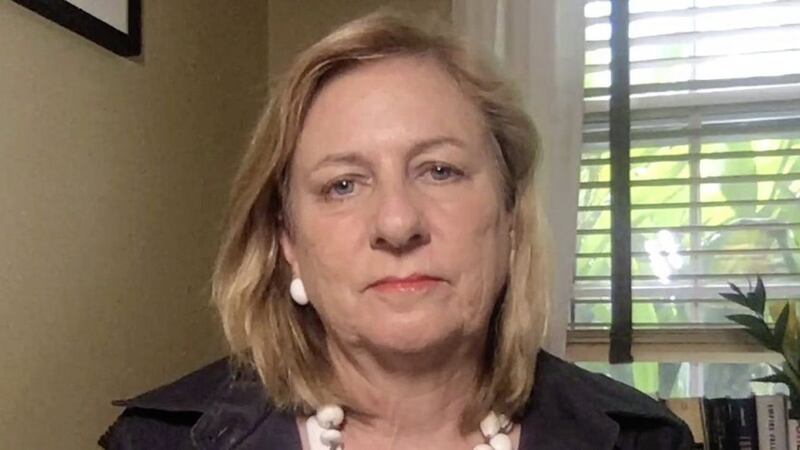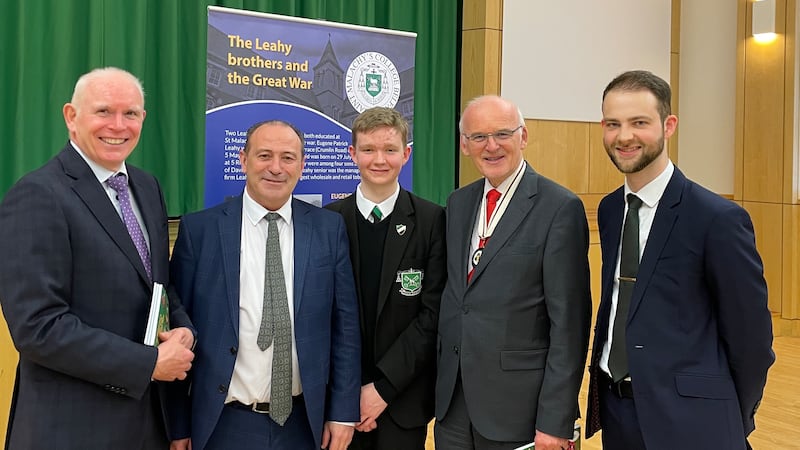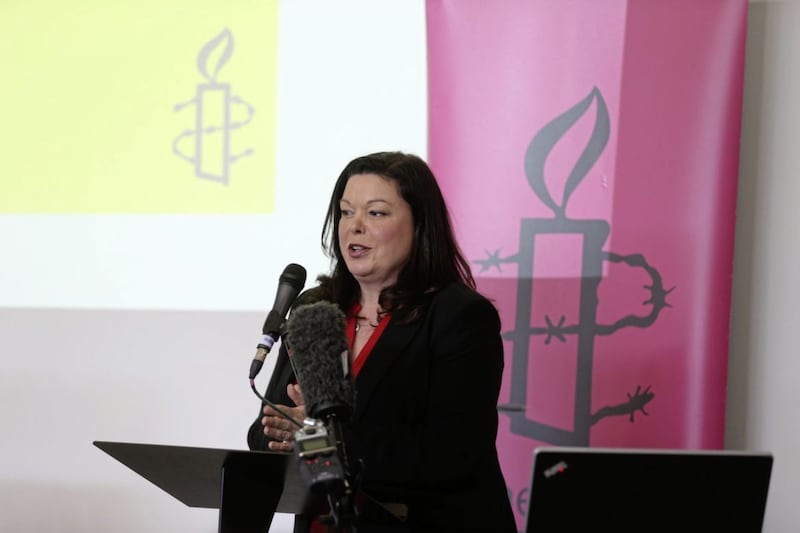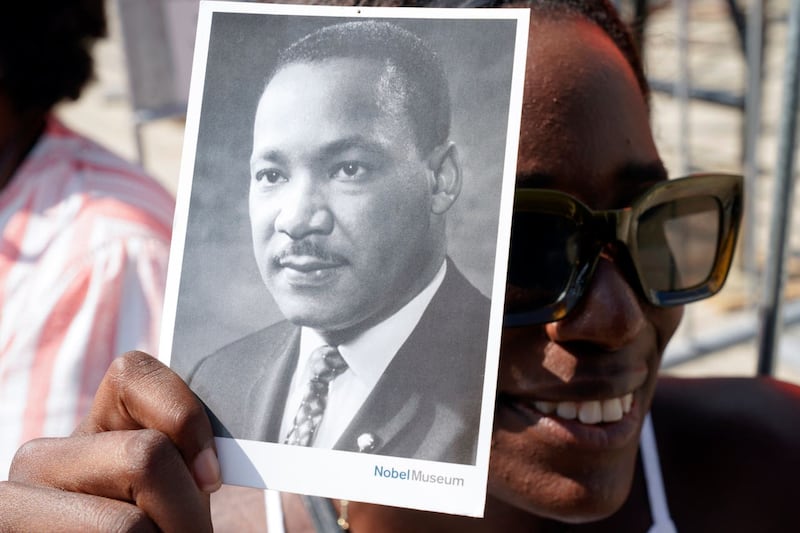JOHN Hume “drove” US foreign policy on Northern Ireland for 40 years, according to leading diplomat Nancy Soderberg.
Ms Soderberg said it was through the Nobel Peace Laureate's influence that President Bill Clinton agreed to grant former Sinn Féin leader Gerry Adams a visa to visit America in 1994.
The decision was seen as paving the way for the IRA’s ceasefire months later.
Ms Soderberg, a former deputy national security advisor to the Clinton administration and UN ambassador, was speaking about the Hume principles of “partnership, respect and resilience” in a lecture to the John and Pat Hume Foundation.
The foundation was established following Mr Hume’s death last August to promote his legacy and nurture a new generation of peace-makers.
Ms Soderberg said Mr Hume’s influence on US foreign policy on Northern Ireland impacted on both Congress and boardrooms.
She described the former SDLP leader as a “key advisor to the decision makers” across the United States.
“Our (the Clinton presidency) first big move was to grant Gerry Adams a visa but we would never have done it if John hadn’t recommended that the time was right and was critical to getting a ceasefire."
She said she was convinced that without the late Mr Hume’s efforts, the Good Friday Agreement would never have been achieved.
Ambassador Soderberg also spoke about divided societies in the US and Europe as well as the role of America in the world and the need to counter the growth of China’s economy.
She said there was a need to build trust in the key institutions of democracy.
“We have to return to John’s three principles about bringing peace to change; it’s a collaborative process that’s fully inclusive, building on respect for our differences and taking the long-term view that supports evolving perspectives,” Ms Soderberg said.







